Slang Decoder GPT - slang term decoding tool
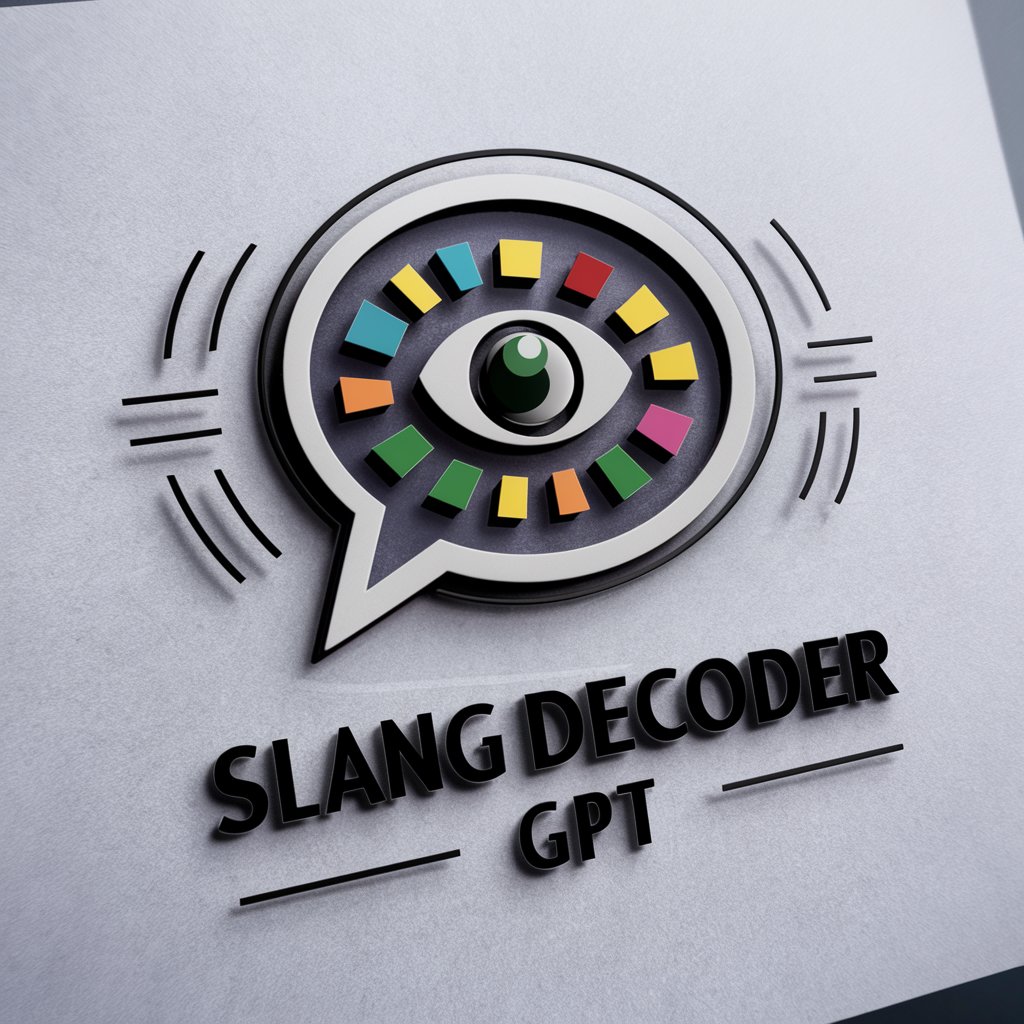
Hi there! Need help decoding slang?
Decoding slang with AI precision
Can you help me understand the meaning of the slang phrase '
What does ' mean in formal English?
I'm not sure what ' means, can you decode it for me?
Could you explain the informal expression ' in a more formal way?
Get Embed Code
Introduction to Slang Decoder GPT
Slang Decoder GPT is designed as a specialized tool aimed at decoding and explaining slang terms and informal idioms from various languages and cultures. The primary purpose of this tool is to provide clear, formal English explanations for slang expressions, aiding users in understanding contemporary, colloquial language used across different demographics and regions. For instance, if someone encounters the phrase 'spill the tea' in a conversation or media, the GPT can explain that this means to share gossip or secrets, rather than literal tea pouring. Powered by ChatGPT-4o。

Core Functions of Slang Decoder GPT
Decoding Slang Terms
Example
'Ghosting'
Scenario
When a user encounters the term 'ghosting' in the context of social relationships, Slang Decoder GPT can explain that it refers to someone suddenly cutting off all communication without explanation.
Explaining Regional Idioms
Example
'Bob's your uncle'
Scenario
For a non-British user puzzled by the expression 'Bob's your uncle,' the GPT clarifies that it is a British idiom used to indicate that a task is completed or a situation is resolved with ease.
Cultural Contextualization
Example
'Shooting the breeze'
Scenario
A user unfamiliar with American idioms might not understand 'shooting the breeze.' The GPT would explain that it means to have a casual conversation about unimportant things.
Ideal Users of Slang Decoder GPT
ESL Students
English as a Second Language (ESL) students often struggle with informal language not covered in traditional learning materials. Slang Decoder GPT can help them understand and engage with English in everyday, casual contexts.
Writers and Content Creators
Writers and content creators who aim to incorporate authentic, relatable slang in their works can use this GPT to ensure they are using slang correctly and to understand the nuances in different regions or among different age groups.
Global Travelers and Expatriates
Travelers and expatriates encountering local slang while living or traveling abroad can use Slang Decoder GPT to bridge communication gaps and enhance their cultural understanding.

How to Use Slang Decoder GPT
1
Visit yeschat.ai for a free trial without login, also no need for ChatGPT Plus.
2
Enter a slang word or phrase you need to decode into the provided text field.
3
Press 'Decode' to submit your query. The system will process the slang and provide a clear, formal English explanation.
4
Use the provided explanations to enhance your understanding of various slangs, which can be especially useful in learning new languages or cultures.
5
For continuous learning, revisit the platform regularly and explore new slangs as the database updates frequently.
Try other advanced and practical GPTs
Slang Scout
Decoding Gen Z Slang with AI
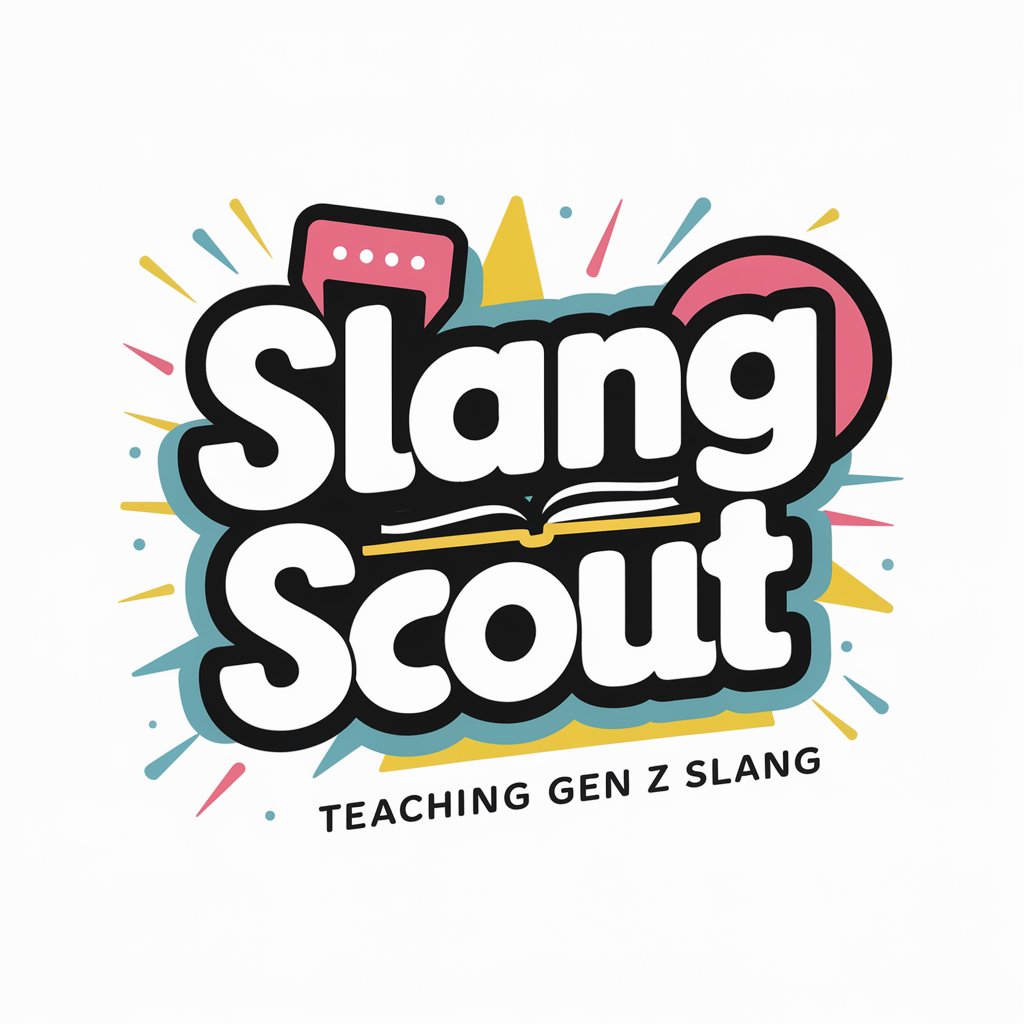
Japanese Slang Teacher
Learn Japanese Slang with AI!
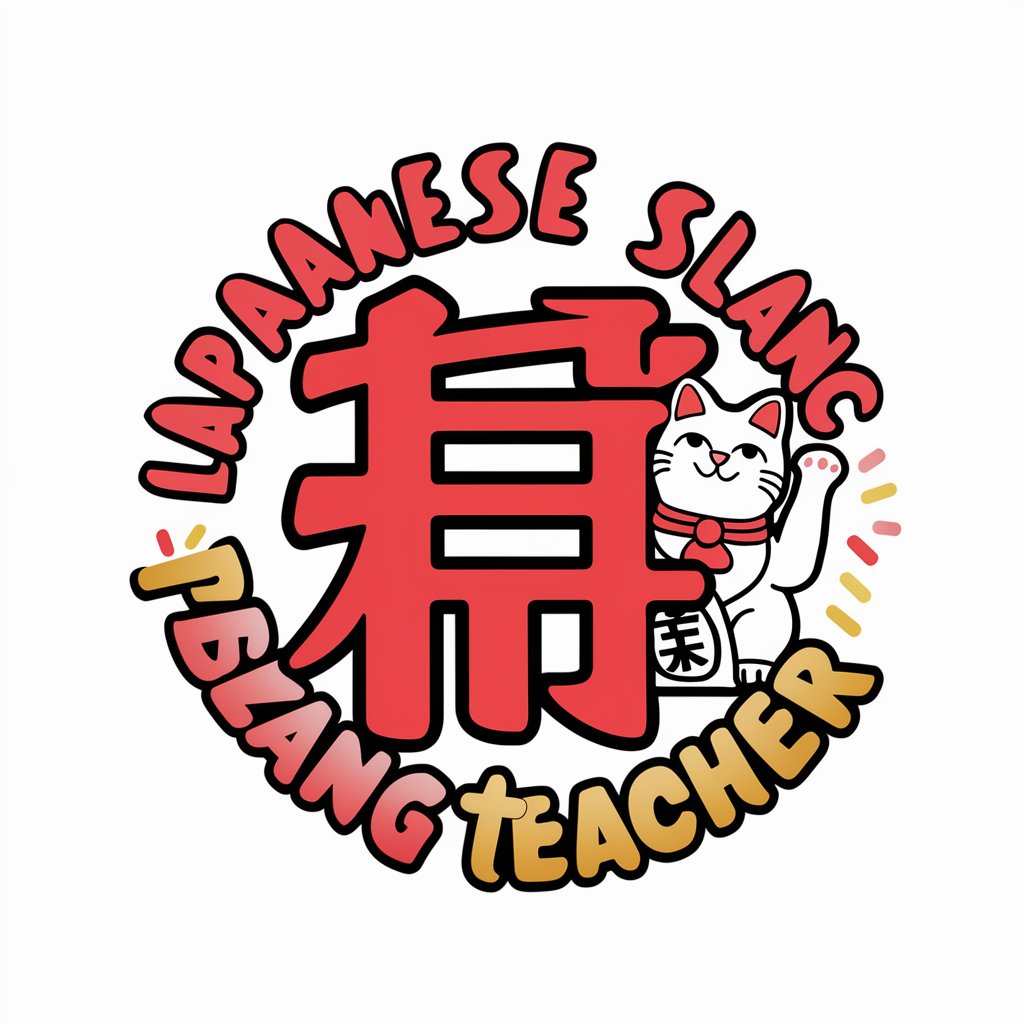
Slang explained
Demystifying Slang with AI Power
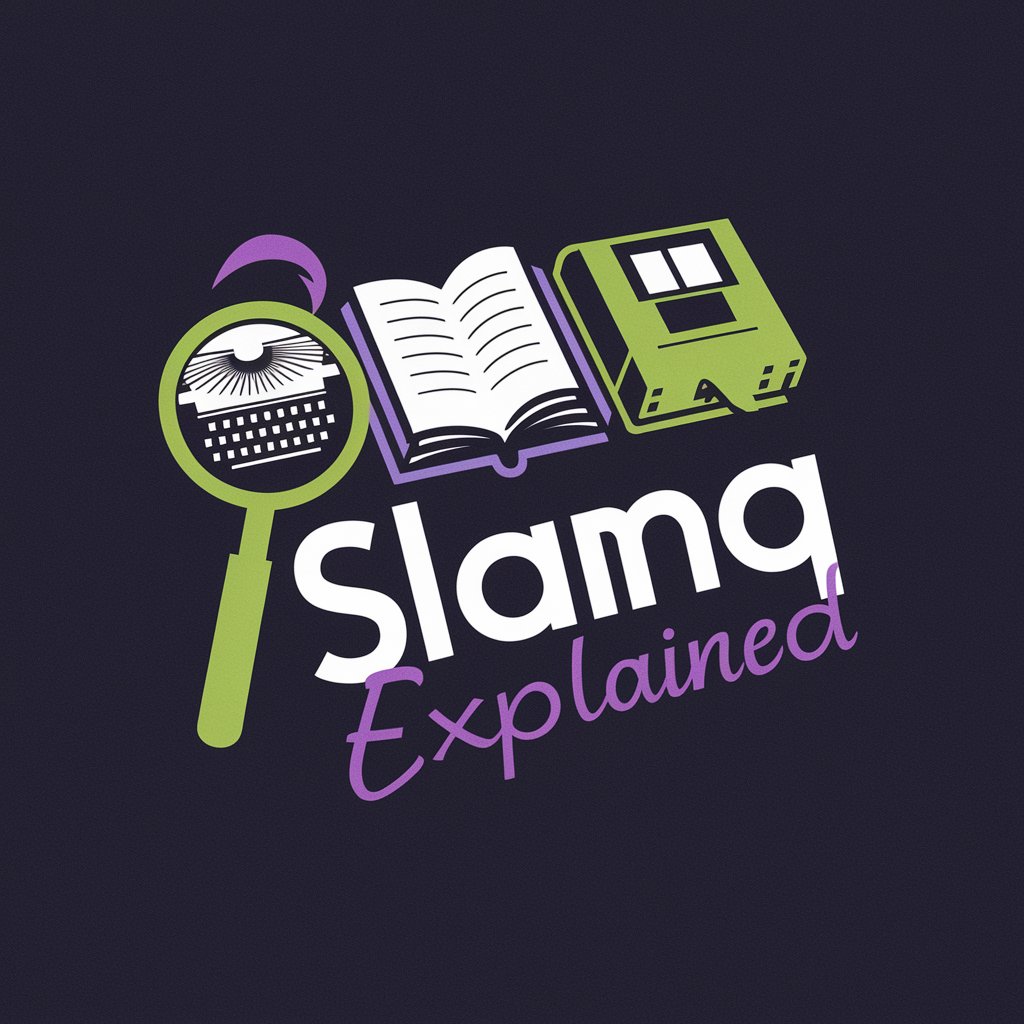
Slang Decoder
Decode Slang with AI Precision

Slang Historian
Unveiling the secrets of slang, powered by AI

Starry Muse
Craft Art with AI Ingenuity
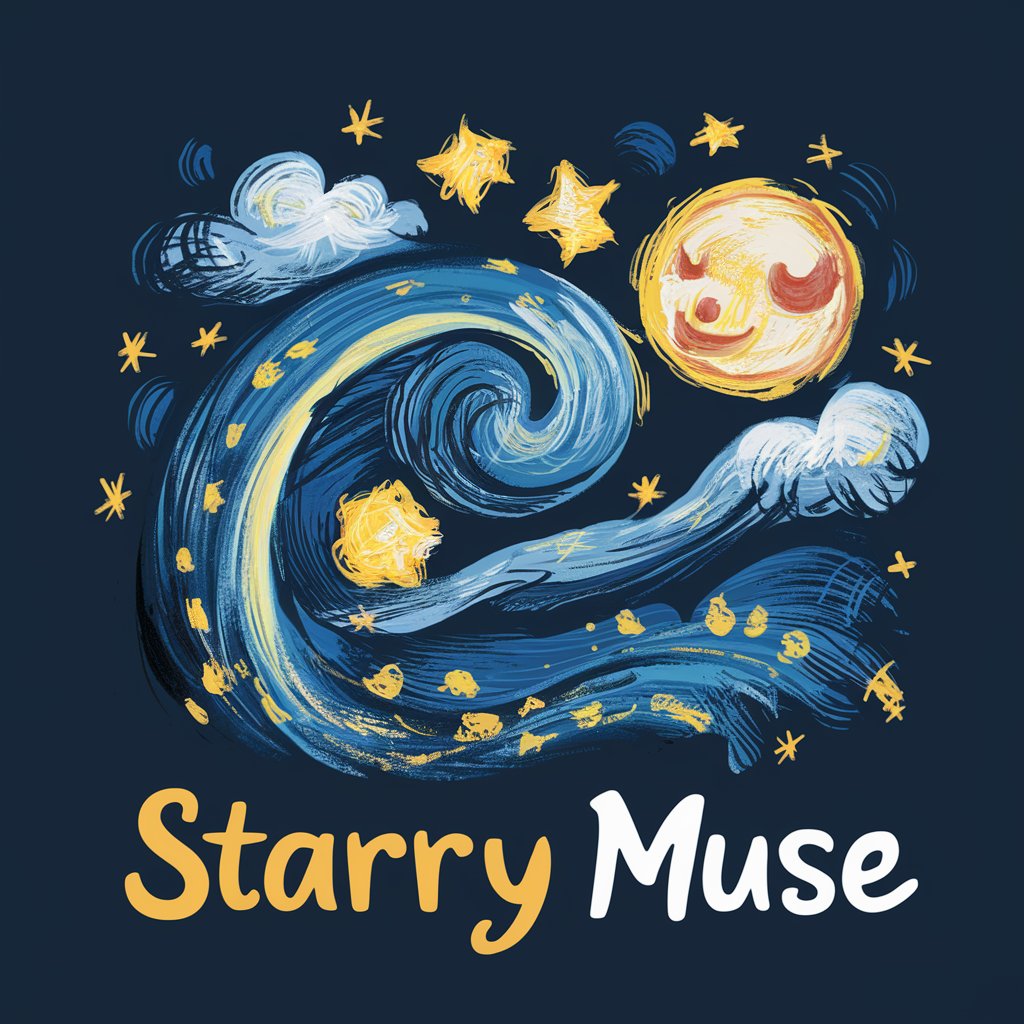
Japanese Slang Buddy
Master Japanese Slang with AI!

Rhyming Slang Translator
Turn your chat into Cockney banter!

UK Slang Translator
Demystifying UK Slang with AI

Slang Sleuth
Guess slang, learn culture!
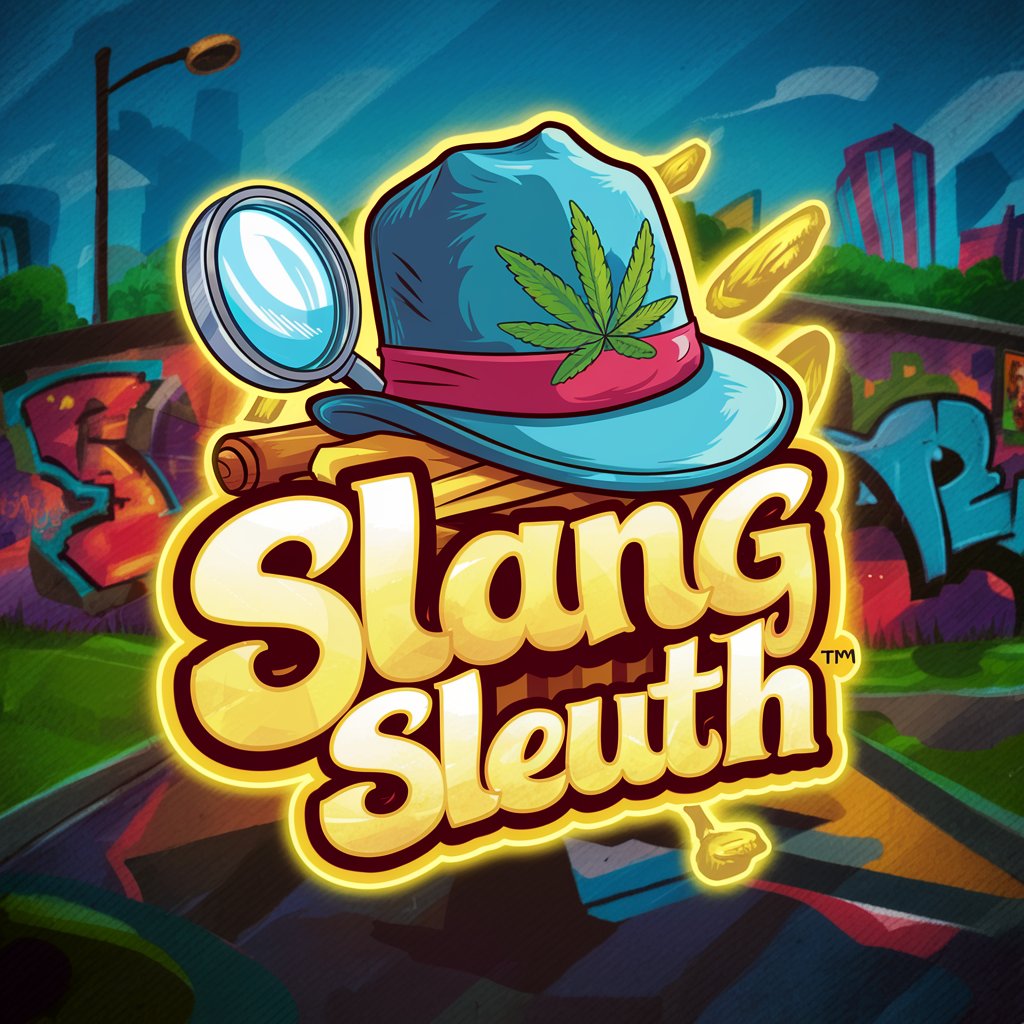
Slang Scribe
Turn formal to casual with AI
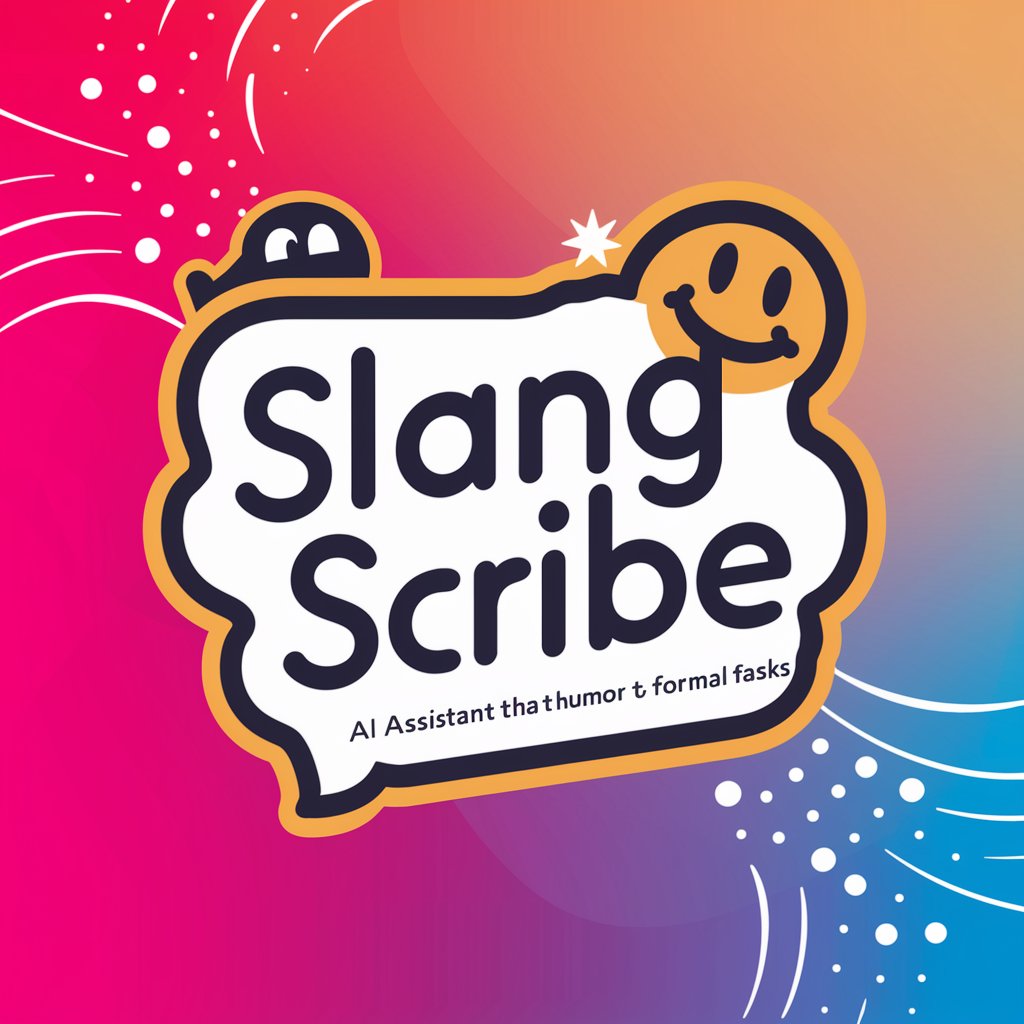
UK Slang
Master UK Slang with AI

Frequently Asked Questions About Slang Decoder GPT
What is Slang Decoder GPT?
Slang Decoder GPT is an AI-powered tool designed to explain slang terms and phrases in formal English, helping users understand informal language used in different contexts.
Can Slang Decoder GPT help with slang from any language?
Yes, it is equipped to handle slang from multiple languages, offering translations and explanations into formal English.
Is there a limit to how many slang phrases I can decode in a day?
No, there is no limit. Users can decode as many slang phrases as they need.
How accurate is Slang Decoder GPT?
The tool is highly accurate, using advanced algorithms to ensure that the slang explanations are precise and contextually correct.
Can Slang Decoder GPT be used in educational settings?
Yes, it is an excellent resource for students and educators in language and cultural studies, enhancing learning by explaining informal language not often covered in traditional curriculums.
